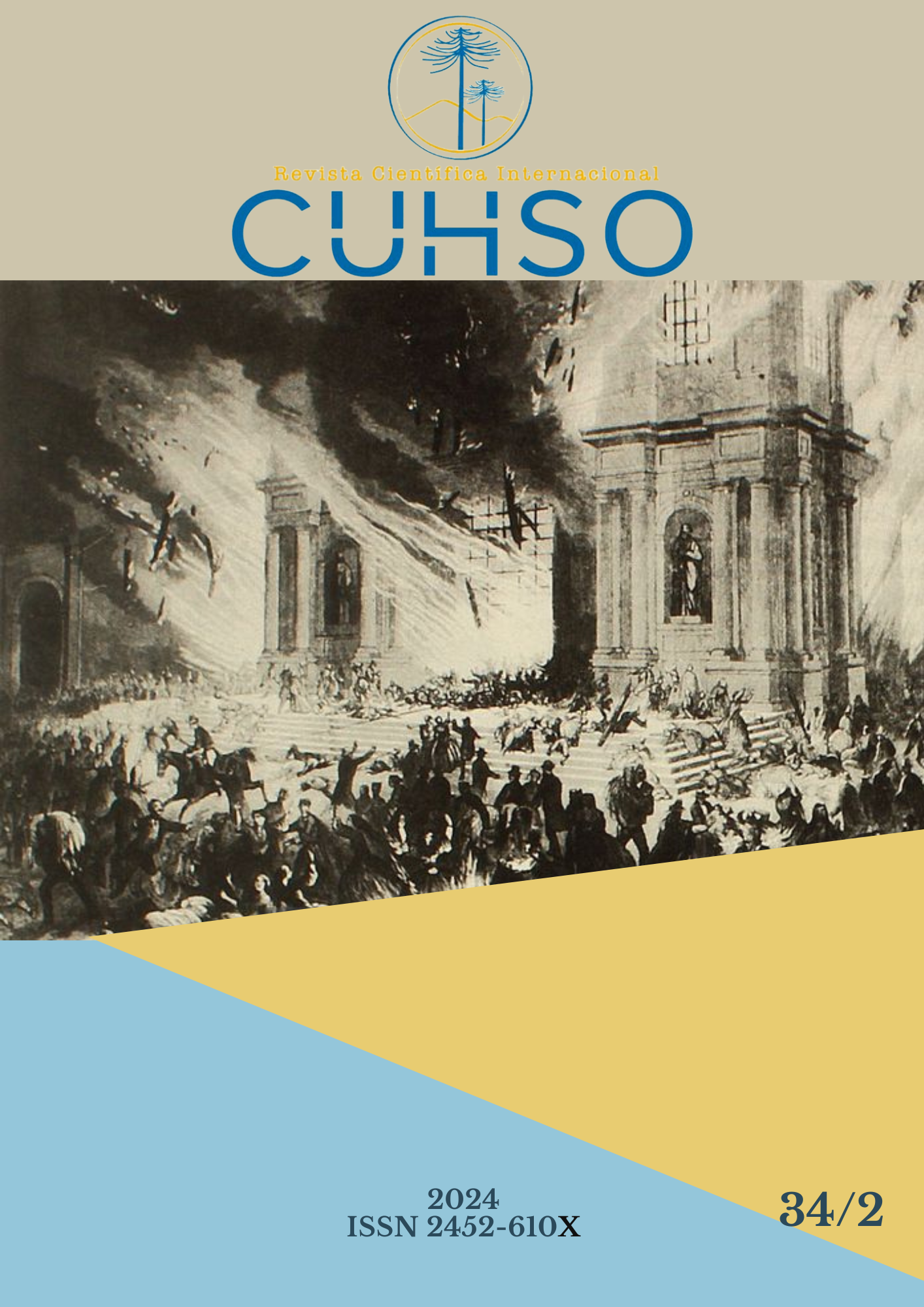Abstract
This essay addresses the epistemological tensions on the notion of territory derived from the epistemic distance between Eurocentric-colonial educational knowledge and indigenous epistemology in contexts of colonization. The methodology considers a review of scientific, divulging and normative literature, both at international and national levels, for the construction of a framework of analysis on the notion of territory, which contributes to propose courses of action for an intercultural citizenship. The framework of analysis considers a critical perspective in relation to the monocultural notion of territory from the social sciences, assuming an indigenous epistemology approach for the understanding of territory. It discusses the epistemological tensions associated with the notion of territory caused by colonialism in contexts of social and cultural diversity. It is proposed the incorporation of an intercultural epistemological pluralism approach based on Mapuche educational knowledge, in order to favor the overcoming of the colonial and hegemonic character of western Eurocentric school knowledge about territory in indigenous contexts. The paper concludes with action tracks that allow the understanding and explain the notion of territory from an intercultural epistemological pluralism, aimed at forming intercultural citizens in Mapuche context.

This work is licensed under a Creative Commons Attribution 4.0 International License.
Copyright (c) 2025 Jorge Oyarce Salamanca, Katerin Arias Ortega, Segundo Quintriqueo Millán


